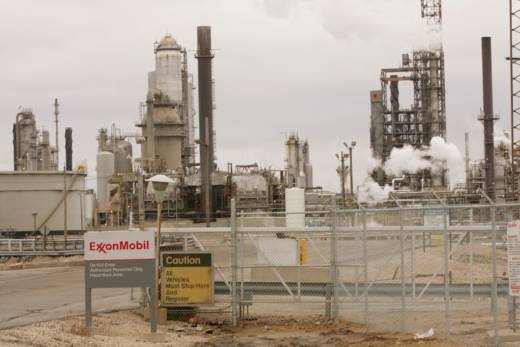It’s not a trial, nor is it quite a debate, but what’s happening Wednesday in Judge William Alsup’s federal courtroom is an unusual and possibly unprecedented proceeding. That’s because Alsup has ordered a four-hour tutorial on climate change – what scientists know about global warming, and when they knew it. And it’s because of who’s responsible for the tutorial: Bay Area cities on one side, and oil companies on the other.
The cities sued the oil companies over the impacts of sea level rise, and the tutorial is a key early step in the case, one of dozens of similar cases across the country.
Lawyers for San Francisco and Oakland claim BP, Exxon, Chevron and others created a public nuisance to the Bay Area by producing and selling oil and gas while misleading the public about known consequences. The two Bay Area cases represent one strategy among several in a growing body of law relying on tort and common-law claims to hold fossil fuel producers responsible for global warming.
Complicating these arguments are the other human activities that also contribute to global warming – and the fact that fossil fuel burning is global, which means companies and countries in the oil and gas industry outside of California are responsible.
“And that’s why probably there’s going to be a big focus on the fraud part: who was overtly and aggressively denying the science, who knew internally,” says Stanford University historian of science Robert N. Proctor. “There’s a lot of evidence that some of these fossil fuel makers really did know quite a while ago that there was going to be this threat but they covered it up.”
